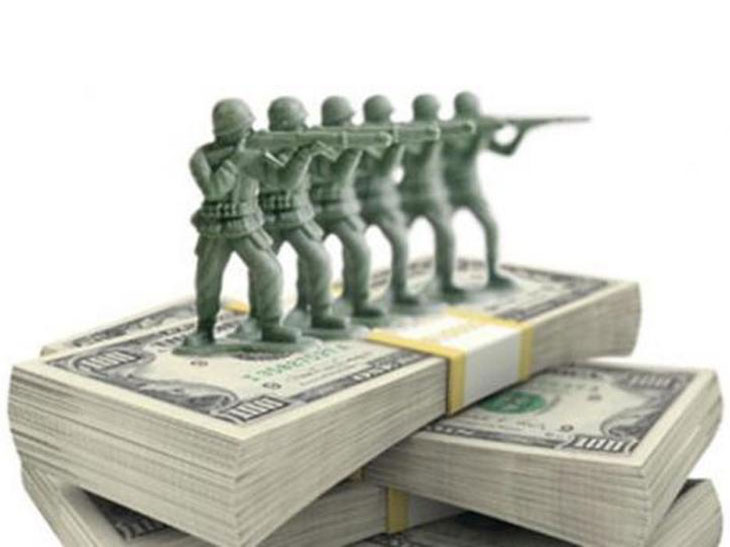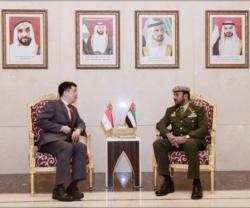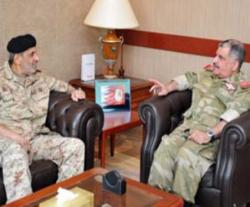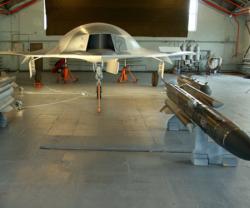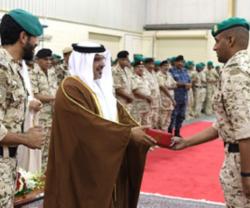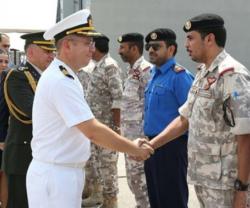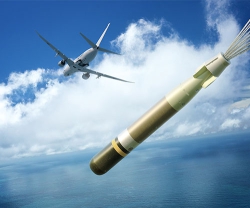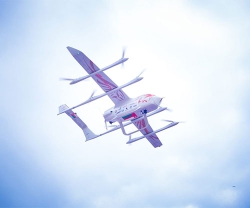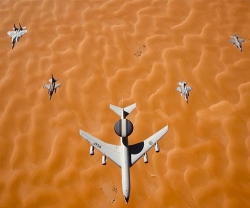More than two-thirds of countries, including many of the world’s largest arms traders, have inadequate safeguards to prevent corruption in their defense sectors, a survey by an anti-corruption watchdog said.
Germany and Australia are the only countries out of 82 surveyed by Transparency International UK with strong anti-corruption mechanisms, according to what the watchdog says is the first index measuring how governments counter corruption in defense.
57 of the countries, almost 70%, had poor controls against corruption, according to the survey, which rated governments by criteria such as the strength of parliamentary oversight of defense policy and the standards expected of defense firms.
The 82 countries surveyed account for 94% of global military expenditure in 2011, worth $1.6 trillion, while the global cost of corruption in the defense sector is estimated to be at least $20 billion a year, the watchdog said.
Mark Pyman, Director of Transparency International UK's Defense and Security Program, said he hoped the survey would lead governments to improve anti-corruption policies.
Corruption was dangerous, because troops “may well have equipment that doesn’t work,” and it was wasteful, he said.
“Particularly at times of austerity, the idea that it is somehow acceptable that there should be corruption in defense because it has always been so is just an outrageous suggestion,” Pyman said.
Countries with poor anti-corruption controls included two-thirds of the largest arms importers assessed in the survey and half of the biggest arms exporters, Transparency International said.
China, Russia and Israel, all leading arms exporters, were considered to be at high risk of corruption in their defense sectors.
Among top arms importers, India, United Arab Emirates (UAE), Singapore, Thailand and Turkey were in the high-risk category.
9 countries (Algeria, Angola, Cameroon, Democratic Republic of Congo, Egypt, Eritrea, Libya, Syria and Yemen) are at “critical risk” of corruption in their defense sector, lacking basic accountability measures, the survey said.
Countries classed as being at “very high risk” of corruption include Afghanistan, Bahrain, Iran, Philippines, Qatar, Saudi Arabia and Sri Lanka.
The United States, Britain, Sweden and South Korea were among countries judged to be at low risk, while France, Spain, Italy and Poland were in the moderate-risk group.
The survey looked not only at the potential for corruption in defense contracts, but also at the risk of abuse of defense budgets and the risk of corruption in the Armed Forces.
Governments surveyed were given the chance to review Transparency International’s findings.
Pyman said a “shocking” result of the survey was that in half of the countries surveyed, the defense budget was either not public or it contained no breakdown of defense spending.
Only 12% of countries surveyed had “highly effective” parliamentary scrutiny of defense policy and only a handful protected whistleblowers who reported defense corruption.
Europe has been swept by a wave of high-profile cases of alleged corruption in defense deals in recent years.
Slovenian Prime Minister Janez Jansa has been charged with bribery over a now-abandoned 2006 deal to buy armored vehicles. He has denied wrongdoing.
European aerospace and defense group EADS, facing investigations in Austria, Britain and Germany, has launched an external review of its anti-corruption rules.
Source: Reuters

